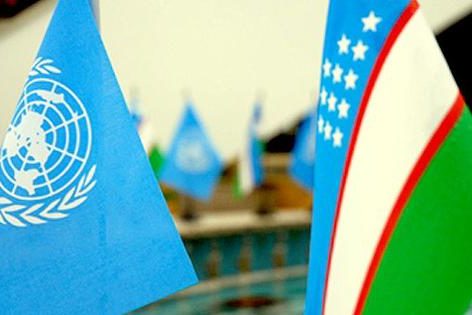
Jan 19, 2022 | Advocacy, Non-legal submissions
International human rights law and standards, including on economic, social and cultural rights, should become a governing framework for the ongoing programme of reforms in Uzbekistan, said the ICJ in its submission to the UN Committee on Economic, Social and Cultural Rights (CESCR). Reforms should aim at ensuring compliance with international law obligations, including on issues of equality and non-discrimination, housing, healthcare, labour rights, access to justice and remedies in cases of violations of ESC rights.
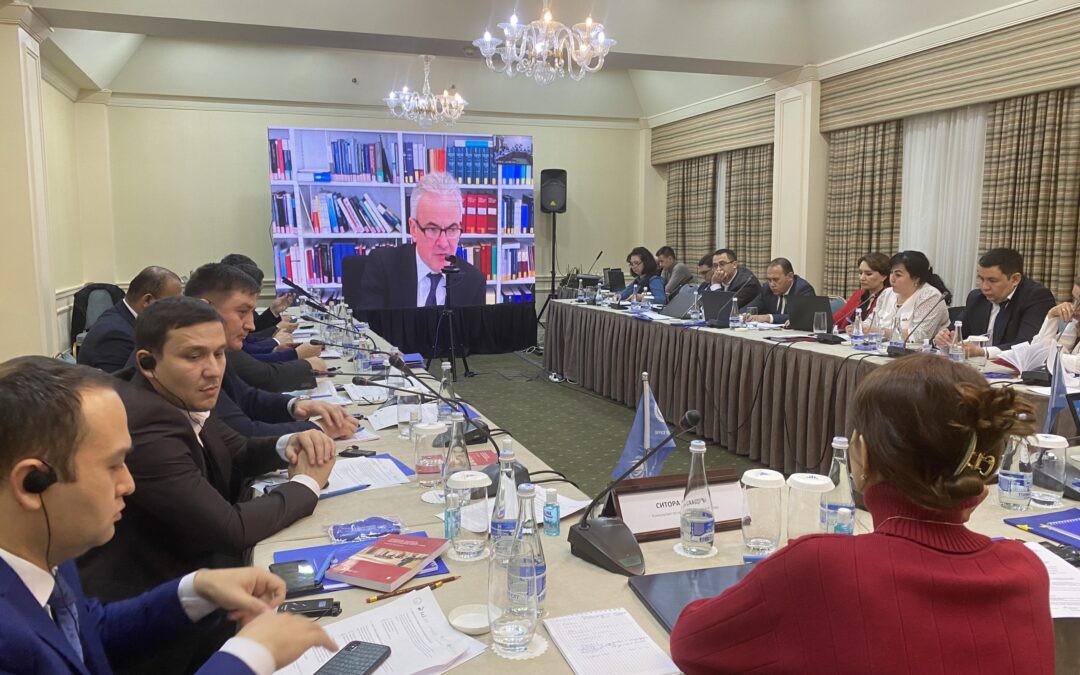
Dec 22, 2021 | News
Judges play a crucial role in ensuring that Uzbekistan implements its international law obligations to protect economic, social and cultural rights, a training seminar for judges in Tashkent, Uzbekistan, heard this week.
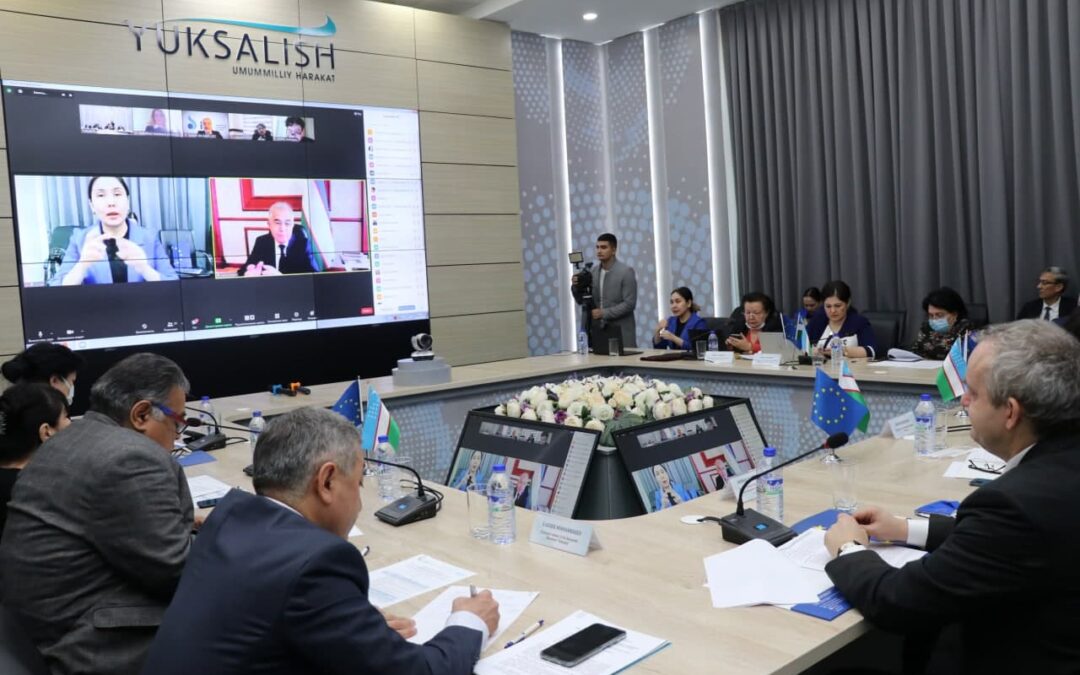
Dec 20, 2021 | News
Civil society should play an active role in the UN treaty bodies reviews of Uzbekistan’s human rights record, an ICJ event in Tashkent, Uzbekistan, emphasised.
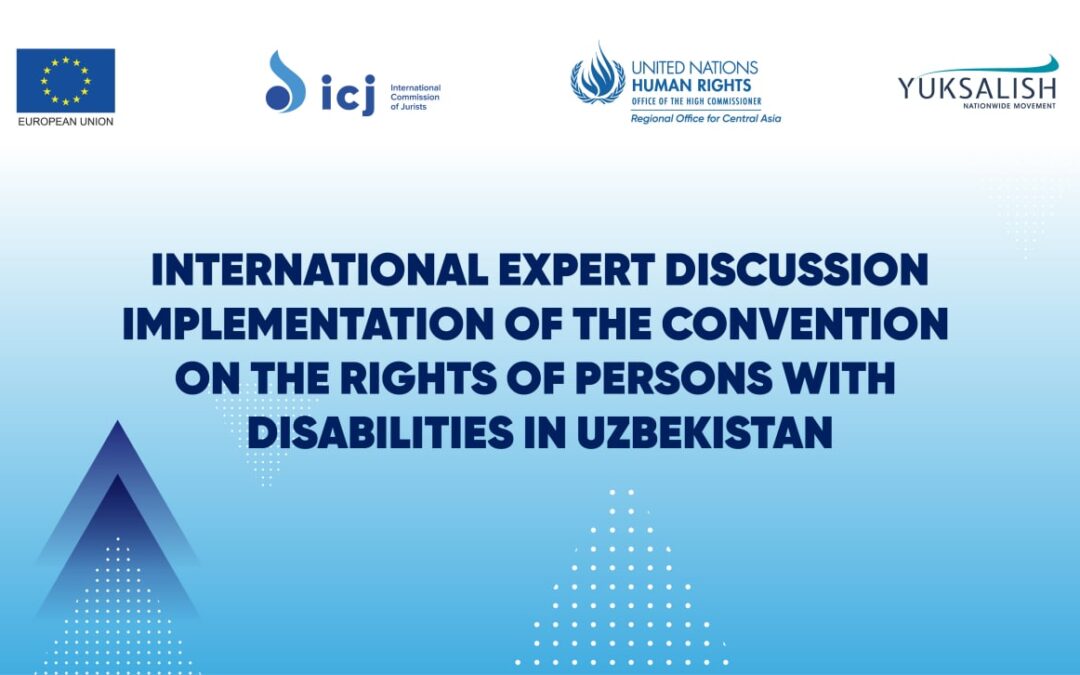
Sep 30, 2021 | Events, News
Today, the International Commission of Jurists (ICJ), the Office of the High Commissioner for Human Rights (OHCHR) Regional Office for Central Asia (ROCA) and the Nationwide Movement “Yuksalish” are holding an Expert Discussion on the implementation of the Convention on the Rights of Persons with Disabilities (CRPD) in Uzbekistan.
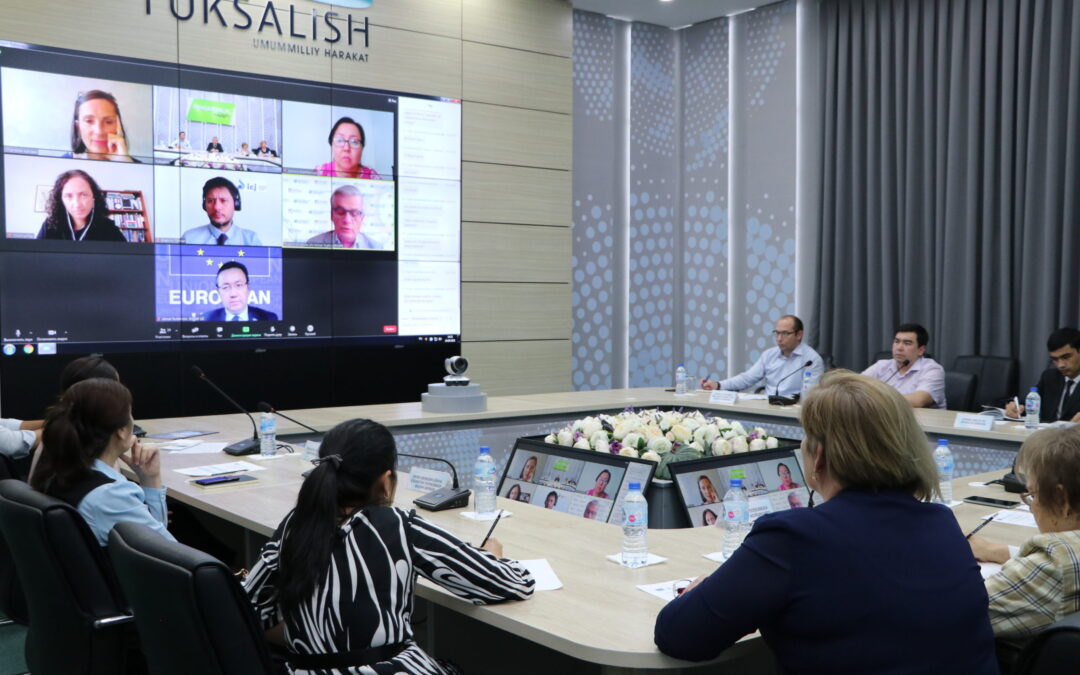
Sep 24, 2021 | News
Today, the International Commission of Jurists (ICJ), the Office of the High Commissioner for Human Rights (OHCHR) Regional Office for Central Asia (ROCA) and the Nationwide Movement “Yuksalish” are holding a launch event for a new project on the enhancement of the implementation of international law on economic, social and cultural rights in the national legal framework of Uzbekistan.









